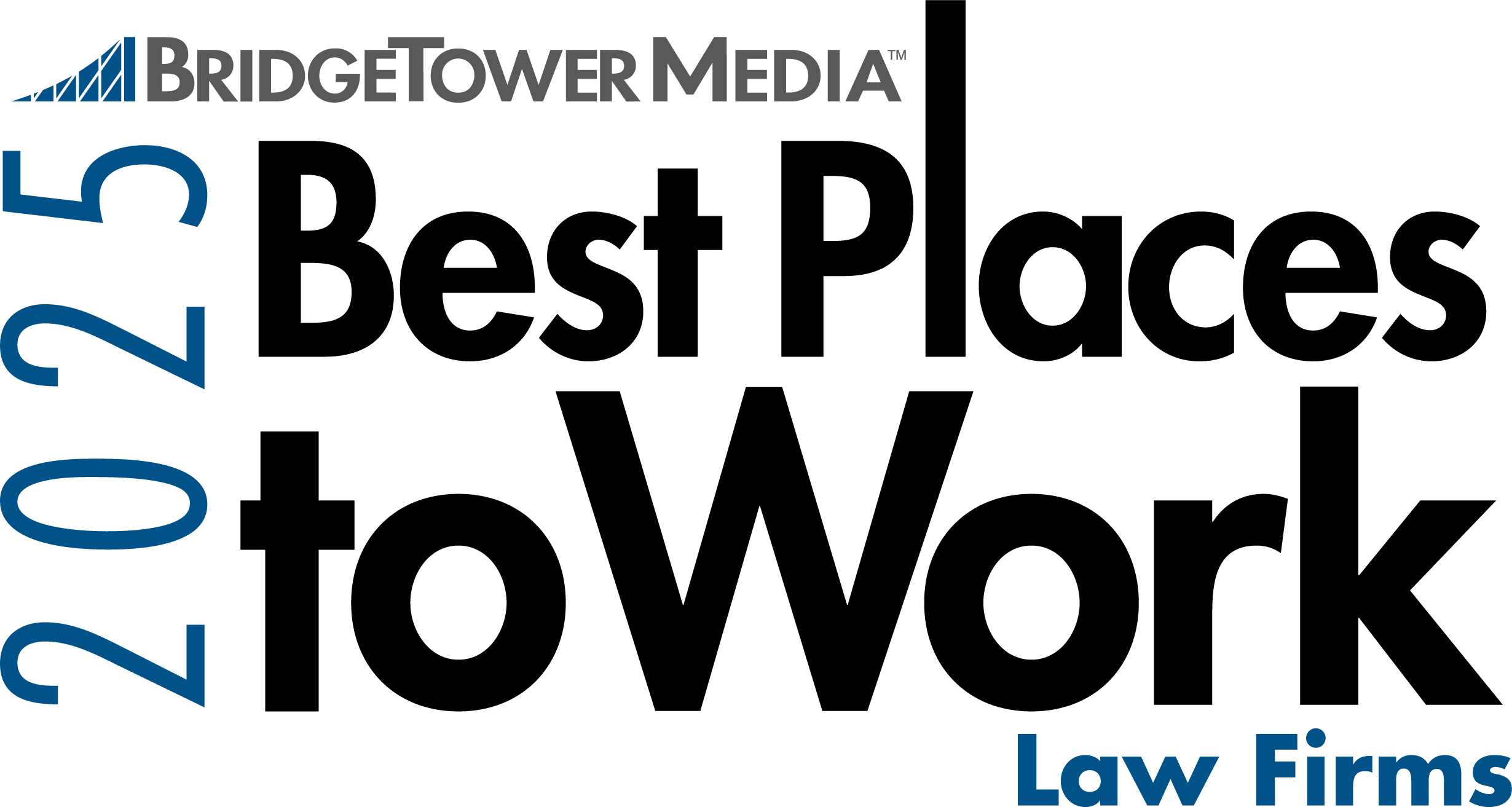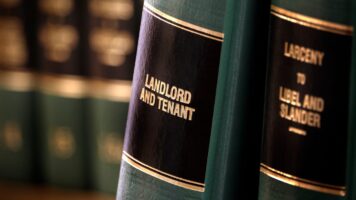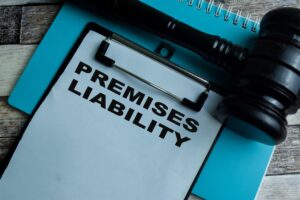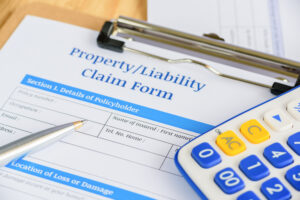Imagine this frightening scenario: You’re walking to your car in a dimly lit parking garage late at night. Suddenly, an attacker jumps out from behind a pillar and assaults you, stealing your wallet and leaving you badly injured on the concrete.
A concussion and fractures cause EMTs to rush you to the hospital. As you begin the long road to recovery facing piles of bills, you can’t help but wonder – can this attack have been prevented with better security? And can you take legal action against the parking garage owner for failing to keep the premises safe?
The answer is often yes. If inadequate security measures resulted in an attack, you may have grounds to sue the parking garage owner. Property owners have a legal duty to take reasonable steps to secure their premises and protect lawful visitors from foreseeable criminal activity. When they neglect this responsibility, resulting in a preventable attack and injuries, they can be held liable in a civil lawsuit.
While no amount of money can undo the trauma of an attack, pursuing a legal claim with the help of a personal injury lawyer or premises liability lawyer in Cape Girardeau can provide financial relief and a sense of justice. With this knowledge, you empower yourself to protect your rights.
Understanding Premises Liability and the Duty of Care
Before we discuss the specifics of parking garage attacks, it’s important to understand the broader legal concept of premises liability.
In simple terms, premises liability refers to a property owner’s responsibility to maintain reasonably safe conditions and to warn visitors about potential hazards. This applies to all types of properties open to the public, from grocery stores and restaurants to hotels and parking facilities.
The exact duty of care that property owners owe to visitors depends on the visitor’s status.
Invitees are people who enter a property for the owner’s financial benefit, like shoppers at a mall. Property owners owe invitees the highest duty of care and must regularly inspect the premises for dangers, promptly fix any hazards, and provide clear warnings.
Licensees are guests who enter a property for their purposes, like a friend visiting your home. The property owner must warn licensees of known hazards that aren’t obvious.
Trespassers enter a property without permission. Property owners only need to avoid intentionally harming trespassers in most cases.
In a parking garage open to paying customers, an individual is typically an invitee, meaning the owner has a high legal duty to take reasonable measures to ensure their safety. This includes providing adequate security to deter criminal activity that is reasonably foreseeable based on factors like the garage’s location, past incidents, and industry standards.
Examples of inadequate parking garage security can include:
- Poor lighting creates dark, isolated areas for criminals to lurk
- Broken security cameras and gates that don’t properly record or restrict access
- Lack of security patrols or other personnel monitoring the premises
- Failure to warn customers about a rash of prior attacks and increased danger
Suppose a parking garage owner knows (or should know) about a pattern of criminal activity on the property but fails to take common-sense steps to ramp up security in response. In that case, they can bear responsibility when that negligence permits a preventable attack.
Note that not every crime in a parking garage will lead to a successful lawsuit. The specific facts of the case matter immensely.
To win an inadequate security claim, the victim generally must prove:
- The parking garage owner had a legal duty to provide adequate security
- They failed to meet this standard of care
- This negligent lack of security was the proximate cause of the attack
- You suffered injuries and damages as a result
Proving an inadequate security case often requires an in-depth investigation into the garage’s safety measures, prior similar incidents, adherence to industry security standards, and thorough documentation of your injuries and losses.
A knowledgeable premises liability attorney can assess the strength of your potential claim, guide you through the legal process, and advocate for your rights every step of the way. With their experience, you can confidently navigate your case’s complexities and pursue the compensation you deserve for your injuries and losses.
What to Do If You’ve Been Attacked in a Parking Garage
Being the victim of a violent crime is a wrenching experience that can leave you reeling physically and emotionally. In the aftermath of a parking garage attack, taking swift action is important to protect your health and legal rights.
Here are the key steps to take:
Seek Medical Attention
Even if you don’t think your injuries are serious, get examined by a medical professional as soon as possible. The shock and adrenaline of an assault can mask pain and the extent of physical damage.
Inform the doctor about the attack so that your medical records accurately reflect the cause of your injuries. Follow your treatment plan closely and attend all follow-up appointments.
Preserve Evidence of Your Injuries
Along with thorough medical documentation, take pictures of any visible injuries, such as bruises, cuts, and swelling, in the days following the attack to strengthen your case. Keep copies of all medical bills, reports, and invoices for expenses like medications and bandages, as well as any records of missed work or lost income. Additionally, preserve any bloody or damaged clothing as potential evidence.
Decline to Give Statements to Insurance Companies
If representatives from the parking garage owner’s insurance company contact you, politely decline to provide a recorded statement about the attack until you’ve had a chance to consult with an attorney. Insurance adjusters ask leading questions and elicit responses to weaken your claim, so it’s essential to let your premises liability lawyer handle all communications on your behalf, ensuring your rights are protected.
Contact an Experienced Premises Liability Lawyer
Choosing the right attorney to represent you is one of the most important decisions you’ll make in pursuing an inadequate security claim. Look for a lawyer who has successfully handled similar cases and has the resources to thoroughly investigate the facts and evidence.
Most reputable premises liability attorneys offer free initial consultations and work on a contingency fee basis, meaning you owe no up-front costs, and they only collect a fee if they win money for you.
Your lawyer will handle all the complex elements of your case, including:
- Sending a spoliation letter to the parking garage owner to preserve all evidence
- Investigating prior crimes at the garage and other similar nearby garages
- Interviewing witnesses and first responders
- Gathering and analyzing security camera footage
- Reviewing police reports and crime statistics for the area
- Hiring expert witnesses to testify about inadequate security practices
- Calculating your total damages, including medical bills, lost income, and pain and suffering
- Drafting and filing legal documents in court
- Aggressively negotiating with insurance companies for a fair settlement
- If both parties can’t agree on a reasonable settlement, you’ll present your case to a jury
While your lawyer fights for justice on your behalf, you can focus on healing and piecing your life back together.
Inadequate Security and Negligent Security: Two Sides of the Same Coin
The terms “inadequate security” and “negligent security” used in premises liability cases refer to the same core concept. Both inadequate and negligent security describes a property owner’s failure to implement reasonable security measures to protect lawful visitors from foreseeable criminal conduct.
For a real-world example, a downtown parking garage has been the scene of a wave of muggings in the last few months. The incidents all happen at night in the same few unmonitored, unlit corners of the garage.
In each case, the victim is alone, and the attacker escapes easily. The parking garage owner knows the pattern but doesn’t take any steps to improve lighting, add security cameras, or hire guards to patrol the premises. The next time a customer gets jumped in one of these robbery hotspots, the garage owner is likely to be liable for negligent or inadequate security.
On the other hand, if that same parking garage had bright lights, 24/7 video surveillance, controlled entry gates, emergency call boxes, and visible security staff, a random attack with no prior similar incidents will be much harder to attribute to inadequate security.
The security measures considered legally adequate will vary based on the property’s unique crime risks and vulnerabilities. The standard is one of reasonable care, not perfection. In general, the greater the likelihood of criminal activity, the higher the duty to provide commensurate security.
Fighting for Full and Fair Compensation
Being attacked in a place like a parking garage where you have every right to feel safe is a devastating betrayal. Substantial financial losses may compound with the physical and psychological scars you endure.
While the criminal justice system may punish your attacker, a civil premises liability lawsuit is often the only way for victims to recover monetary damages from the property owner who failed to secure the premises.
In an inadequate security case, you may deserve compensation for economic and non-economic losses such as:
- Past and future medical expenses for treating your injuries
- Lost income from missing work while recovering
- Injuries may impact your future earning capacity
- Physical pain and suffering
- Emotional distress and mental anguish
- Reduced quality and enjoyment of life
Occasionally, you can also seek punitive damages if the property owner’s conduct was egregious or intentional.
The value of your potential recovery depends on factors like:
- The severity and permanence of your injuries
- The total of your medical bills, lost income, and other tangible losses
- How the attack and injuries have impacted your daily life and relationships
- The strength of the evidence of inadequate security
- The property owner’s resources and insurance coverage
An experienced premises liability lawyer will thoroughly calculate your damages and build the strongest case possible to demand full and fair compensation for what you’ve endured.
In many cases, these claims result in negotiated settlements to avoid the time and expense of a trial. However, if the property owner refuses a reasonable offer, your attorney may recommend taking your case to court and asking a jury to hold them accountable.
Don’t Delay in Seeking Justice
It’s important not to wait too long to discuss your situation with an experienced, premises liability lawyer. Some deadlines called statutes of limitations require you to file a lawsuit within a certain period after you suffered an injury or forfeit your right to compensation entirely. The specific statute of limitations varies by state.
Even if you’re still well within the statute of limitations, delaying can hurt your chances of success. Valuable evidence can be lost or destroyed, and witnesses’ memories can fade. The sooner you involve a premises liability attorney, the sooner they can spring into action to preserve evidence and build your case.
It’s also common for victims to feel hesitant about pursuing a lawsuit or to second-guess whether the attack was the result of negligent security.
Don’t talk yourself out of exploring your legal rights before you’ve consulted a premises liability lawyer. Most reputable injury attorneys offer free, no-obligation case evaluations, which you can use to get answers to your questions and make an informed decision.
You’ve already suffered enough as the victim of a parking garage attack. Don’t let concerns about the cost of hiring a lawyer stand in the way of seeking justice.
Look for an attorney who works on contingency. Under this arrangement, you pay nothing upfront and only collect a fee if they recover your money. Thus, you have nothing to lose and much to gain.
Contact a Premises Liability Lawyer

Daniel J. Grimm, Premises Liability Lawyer
At the end of the day, you deserve to feel safe navigating daily life and patronizing local businesses. When a parking garage or other property fails to uphold its duty to provide adequate security, it should face full accountability for causing the following devastation.
An experienced premises liability lawyer can be your strongest advocate in the fight to make you whole again. If you’ve been the victim of negligent security in a parking garage, don’t hesitate to contact an attorney and start exploring your legal options today.






